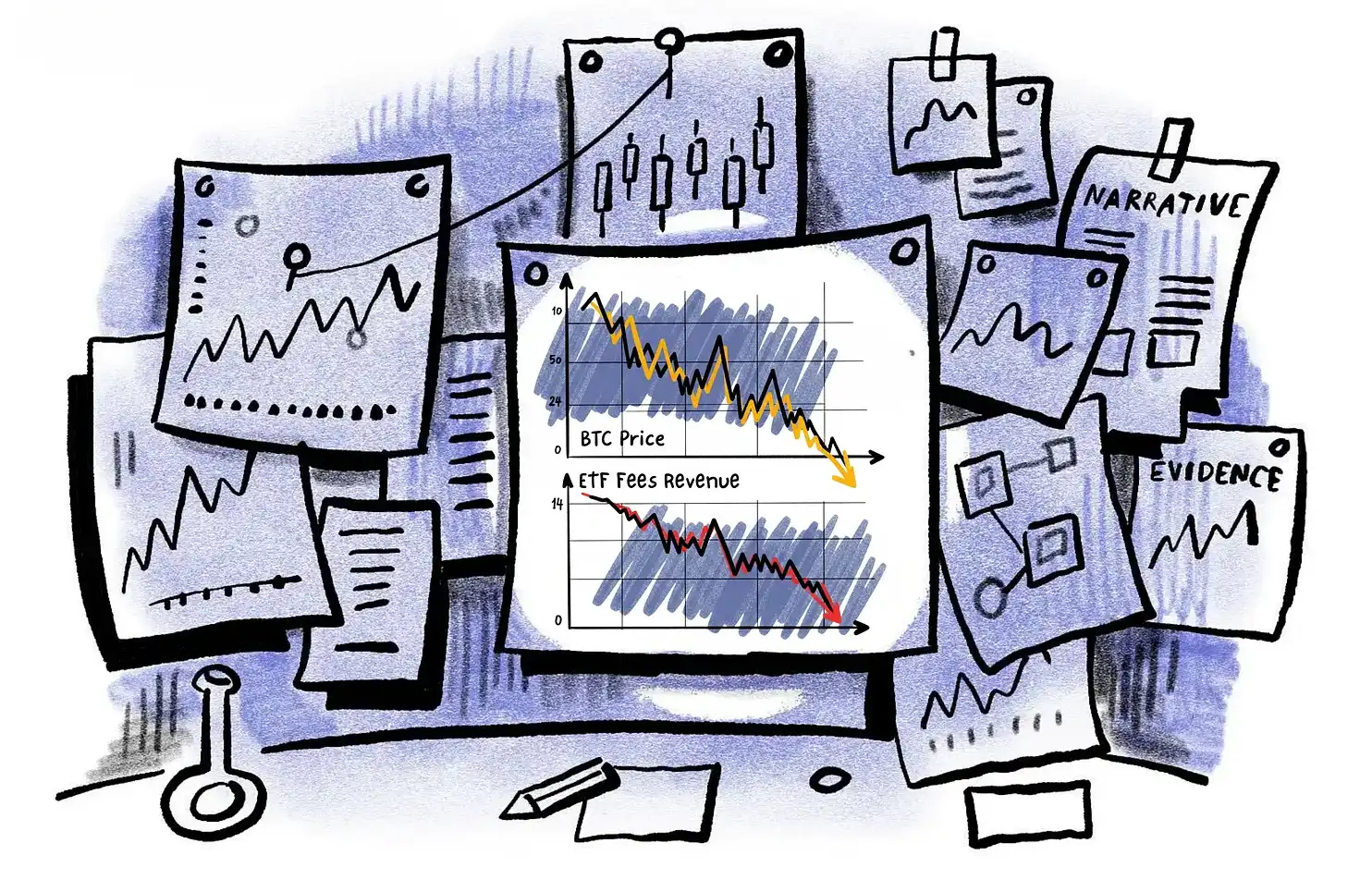ETH Developer Detained in Turkey Amid Fraud Allegations

- Ethereum developer “Fede’s Intern” detained in Turkey over Ethereum misuse claims.
- Case sparks debate on legal risks for blockchain infrastructure builders worldwide.
- Community urges cross-border legal clarity to protect open-source contributors.
While the market sentiment gains optimism with the surge of Bitcoin and Ethereum, the broader crypto community faces legal risks with the detention of an Ethereum developer. Detained by Turkish authorities at Izmir, an Ethereum developer known as “Fede’s Intern” was accused of misusing the blockchain. This action has triggered alarm among blockchain communities and also sparked debate about the legal status of developers who build and maintain public blockchain infrastructure.
Detention Raises Broader Legal Questions
In his X post, Fede’s Intern stated that the Turkish authorities had accused him of helping individuals to “misuse” the Ethereum network and denied any wrongdoing. Further, he stated that he was open to cooperating with authorities in Turkey or any other country.
Updating his every move, Fede’s Intern reported that he was shifted to a private room during his detention and was provided with food. He added that arrangements were underway for him to travel to Europe by private jet and that he would fight the accusations with a legal team once outside Turkey.
Messages of support have poured in from Ethereum and Solana community members. Several well-known figures offered legal connections and assistance to the detained developer. Ryan Sean Adams, an advocate, described the situation as “very troubling” in a post on X.
Notably, the developer claimed that Turkey’s Minister of Internal Affairs made the accusation. No specific statutes or examples of “misuse” were provided by officials. This lack of clarity has led to uncertainty within the Ethereum community.
Cenk, a Turkish cryptocurrency commentator, argued there was “zero legal basis” for holding someone solely on such grounds and pointed out that Turkey relies on existing commercial, consumer, and penal codes to address crypto-related disputes.
A Global Issue for Open-Source Developers
The incident mirrors earlier cases where crypto figures were detained abroad under vague charges. Several community members compared the situation to the arrests of Binance executives in Nigeria earlier this year. Both cases have fueled calls for clearer legal frameworks to address open-source contributions to blockchain systems.
Ethereum, like other blockchains, is maintained by decentralized networks of developers and node operators. Contributors often work without centralized oversight or geographical limitations. This structure can create conflicts when local laws interpret “infrastructure support” as aiding illicit activity.
In recent years, some governments have taken a harder stance on blockchain infrastructure providers, which comprise developers, validators, and custodians who do not directly support transactions but operate the network. Such persons might still be subjected to scrutiny under laws that are intended against intermediaries or service providers.
Related: ETH Treasuries Surge to $12B as Vitalik Warns of Leverage Risks
Some community members suggested that translation errors or misunderstandings about blockchain could be responsible for the situation, while others warned that the case could indicate growing regulatory pressure in certain regions.
The case raises unresolved questions, and it is unclear whether the charges are personal or linked to an organization. It is also unknown if this detention is connected to broader law enforcement actions in Turkey earlier in the week. For now, the developer’s account has not confirmed his departure from Turkey, and the Turkish authorities have not issued any official statement on the matter. The absence of several details has left many watching the X profile for updates.
Without cross-border frameworks, open-source developers remain vulnerable to prosecution even when their work is public and permissionless. Industry advocates argue that international coordination is necessary. Such frameworks would need to protect contributors while allowing enforcement against actual misuse of blockchain systems. The Ethereum community now waits to see whether this case will accelerate those discussions.
The post ETH Developer Detained in Turkey Amid Fraud Allegations appeared first on Cryptotale.
Disclaimer: The content of this article solely reflects the author's opinion and does not represent the platform in any capacity. This article is not intended to serve as a reference for making investment decisions.
You may also like
Mars Morning News | Ethereum Fusaka upgrade officially activated; ETH surpasses $3,200
The Ethereum Fusaka upgrade has been activated, enhancing L2 transaction capabilities and reducing fees; BlackRock predicts accelerated institutional adoption of cryptocurrencies; cryptocurrency ETF inflows have reached a 7-week high; Trump nominates crypto-friendly regulatory officials; Malaysia cracks down on illegal Bitcoin mining. Summary generated by Mars AI. The accuracy and completeness of this summary are still undergoing iterative updates.

Do you think stop-losses can save you? Taleb exposes the biggest misconception: all risks are packed into a single blow-up point.
Nassim Nicholas Taleb's latest paper, "Trading With a Stop," challenges traditional views on stop-loss orders, arguing that stop-losses do not reduce risk but instead compress and concentrate risk into fragile breaking points, altering market behavior patterns. Summary generated by Mars AI. The accuracy and completeness of this summary are still being iteratively improved by the Mars AI model.

With capital outflows from crypto ETFs, can issuers like BlackRock still make good profits?
BlackRock's crypto ETF fee revenue has dropped by 38%, and its ETF business is struggling to escape the cyclical curse of the market.

Incubator MEETLabs today launched the large-scale 3D fishing blockchain game "DeFishing". As the first blockchain game on the GamingFi platform, it implements a dual-token P2E system with the IDOL token and the platform token GFT.
MEETLabs is an innovative lab focused on blockchain technology and the cryptocurrency sector, and also serves as the incubator for MEET48.


 (@fede_intern)
(@fede_intern)